You are here
Thu, 2011-03-24 12:57 — mdmcdonald
The Environment and Public Health Working Group is focused on minimizing negative health impacts from the Tohoku earthquake and cascading effects.
The mission of the Environment and Public Health Working Group is to minimize negative health impacts from the Tohoku earthquake,tsunami, safety problems with Fukushima Dai-ichi power plant and cascading effects on Japanese society.
Working Group email address: ***@***.***
Add Content to this group
Members
| Jason Jackson | Kathy Gilbeaux | Katie Rast | mdmcdonald | Patrick Young | Yuki Karakawa |
Email address for group
environment-and-public-health@m.resiliencesystem.org





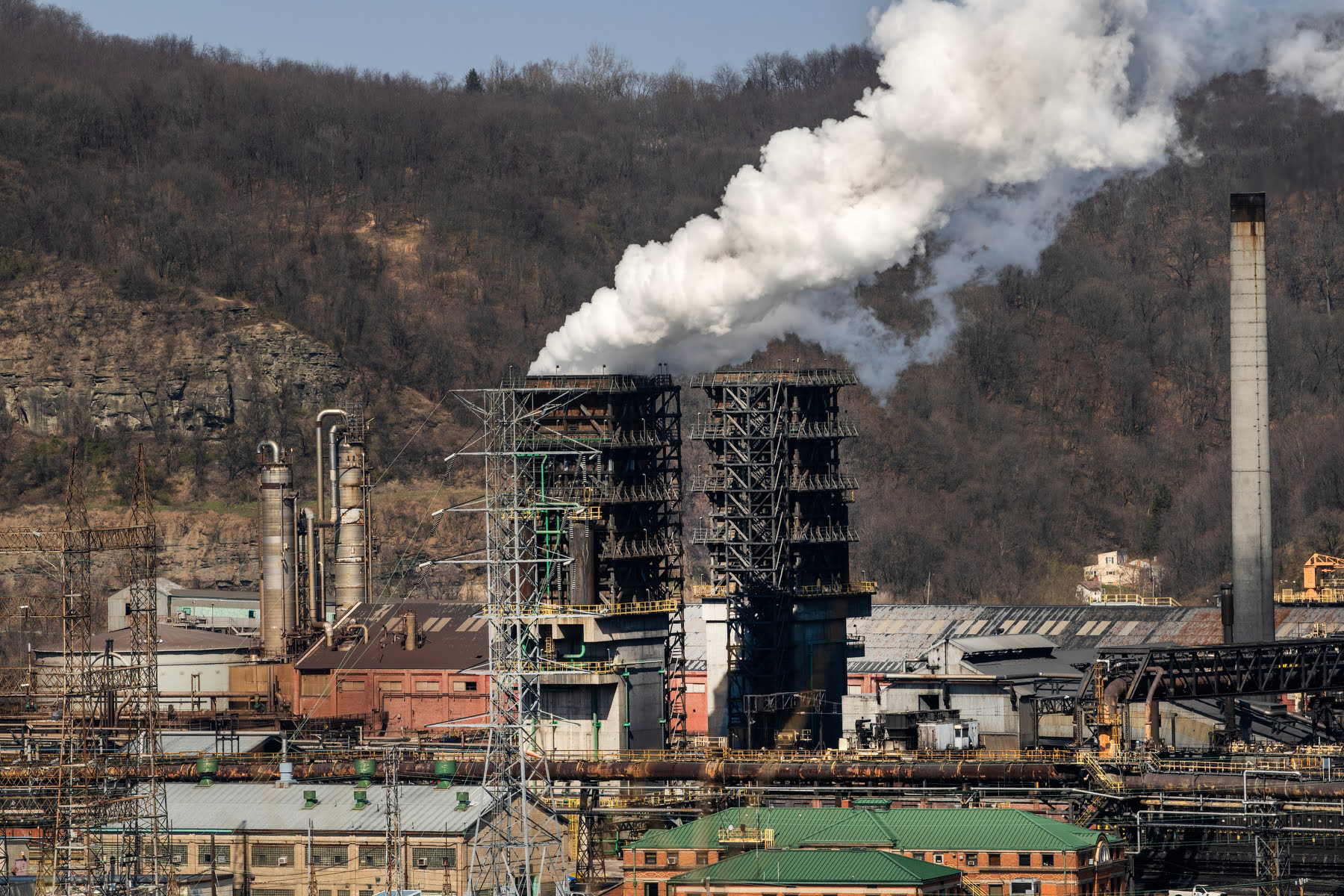
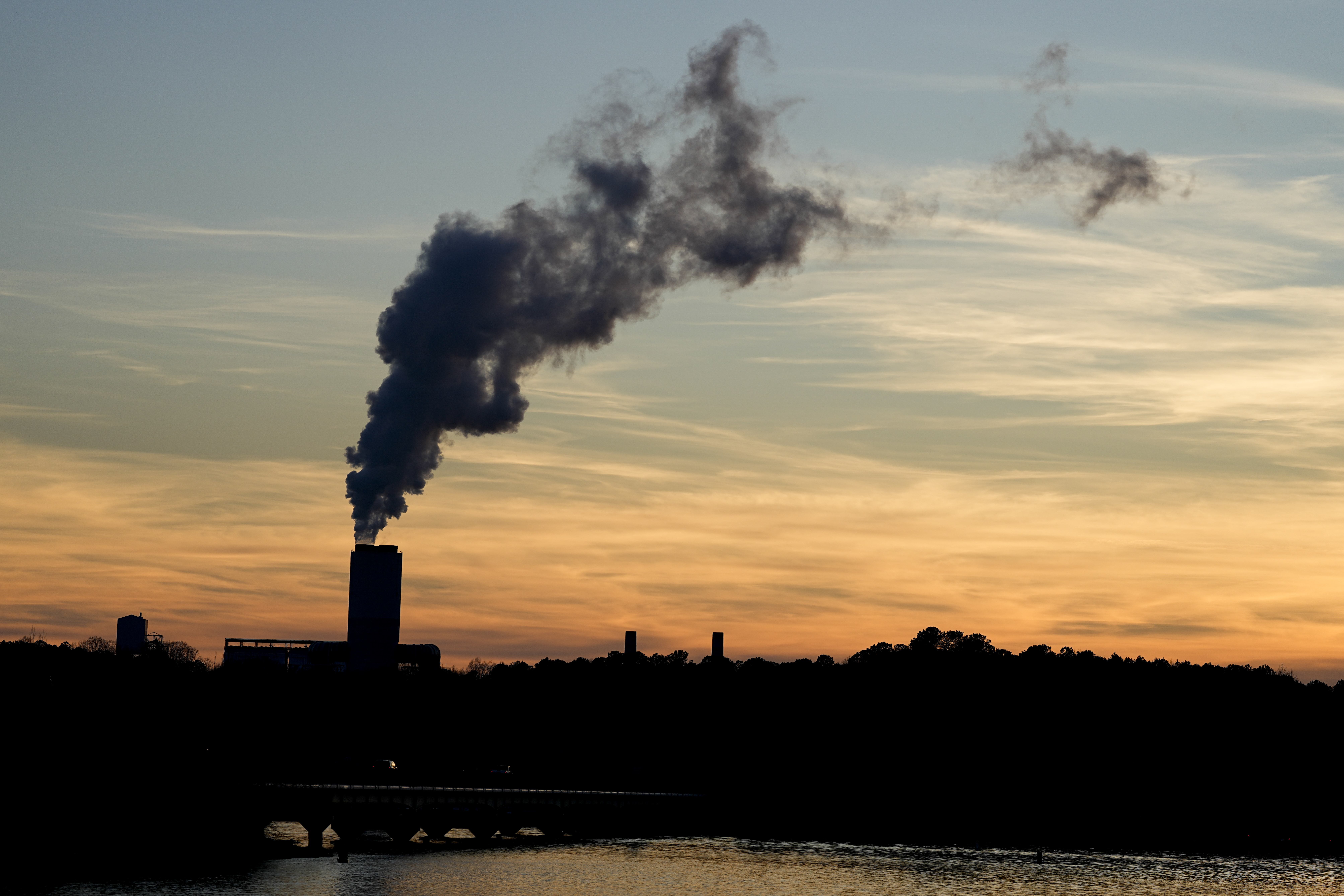
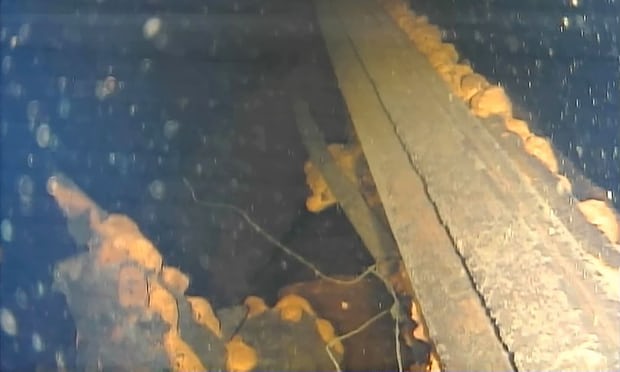

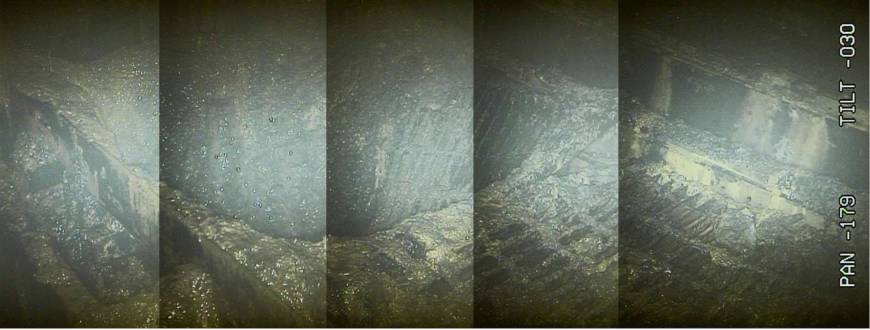
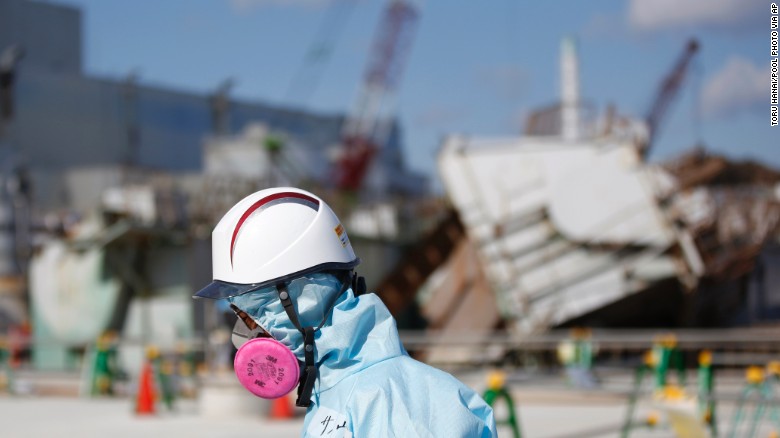
Recent Comments